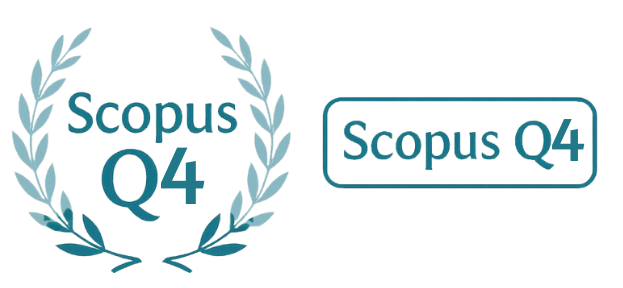Artikel (11)
Although CEDAW, the CRC, Indonesian law, and Supreme Court regulations provide a normative basis for protecting women’s and children’s rights after divorce, implementation in practice remains challenging. This paper examines how Religious Courts ensure the fulfillment of these rights, offering t...
Indonesia Private Law Review; Vol 6 No 2 (2025); 103-116 | 2025
Indonesia’s insolvency framework is currently suboptimal in accomodating rapid creditor enforcement with preserving viable firms, particularly publicly listed companies where market signaling and minority interests are at stake. This article proposes the adoption of a semi-public restructuring reg...
Indonesia Private Law Review; Vol 6 No 1 (2025); 85-102 | 2025
Investment in Non-Fungible Tokens (NFTs) is rapidly emerging in Indonesia, presenting both opportunities and challenges for the digital creative industry. As unique crypto assets, NFTs enable new ways to own and trade digital and physical goods, but current regulations, including the Commodity Futur...
Indonesia Private Law Review; Vol 6 No 1 (2025); 71-84 | 2025
The issuance of backdated deeds raises serious legal concerns as it can misrepresent facts and violate procedural requirements under Indonesian notarial law. Although a notarial deed’s formal validity relies on its authenticity, backdating undermines this integrity and may result in significant le...
Indonesia Private Law Review; Vol 6 No 1 (2025); 57-70 | 2025
Indonesian bankruptcy law, regulated under Act Number 37 of 2004, has yet to fully realize its principles, resulting in legal uncertainty and gaps in implementation. A notable example is the Intidana Cooperative bankruptcy case, where a cassation ruling was later overturned through a Review Court de...
Indonesia Private Law Review; Vol 6 No 1 (2025); 43-56 | 2025
The creative economy (CE) is a vital driver of national economic growth, yet awareness of Intellectual Property Rights (IPR) among Creative Economy Actors (CE Actors) remains low, with many failing to protect, register, or own IPR. This weak legal culture poses a major barrier to effective IPR prote...
Indonesia Private Law Review; Vol 6 No 1 (2025); 19-42 | 2025
This research addresses a key issue concerning the distinction between the contract subject and the obligation subject—whether they are separate concepts, interchangeable, or one replaces the other. The matter is complex, particularly as the Iraqi Civil Code refers to the contract subject inconsis...
Indonesia Private Law Review; Vol 6 No 1 (2025); 1-18 | 2025
The integration of Artificial Intelligence (AI) into the medical field has catalyzed groundbreaking innovations in diagnostics, treatment, and drug discovery, but it also presents complex challenges for intellectual property (IP) law. Traditional IP frameworks are increasingly ill-equipped to addres...
Indonesia Private Law Review; Vol 5 No 2 (2024); 157-168 | 2025
This research, titled Urgency of Artificial Intelligence Regulation from the Perspective of Joint Authorship Against Copyright Infringement, aims to analyze the legal framework governing Artificial Intelligence (AI)-based creations in Indonesia and explore the application of the Joint Authorship per...
Indonesia Private Law Review; Vol 5 No 2 (2024); 135-156 | 2025
The protection of products with potential geographical indications (GIs) is closely tied to the economic benefits they offer to both communities and governments, particularly at the regional level. Local governments play a key role in this effort, as they possess a deep understanding of their region...
Indonesia Private Law Review; Vol 5 No 2 (2024); 119-134 | 2025



